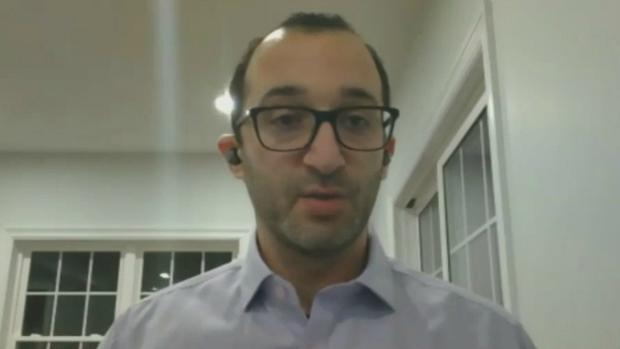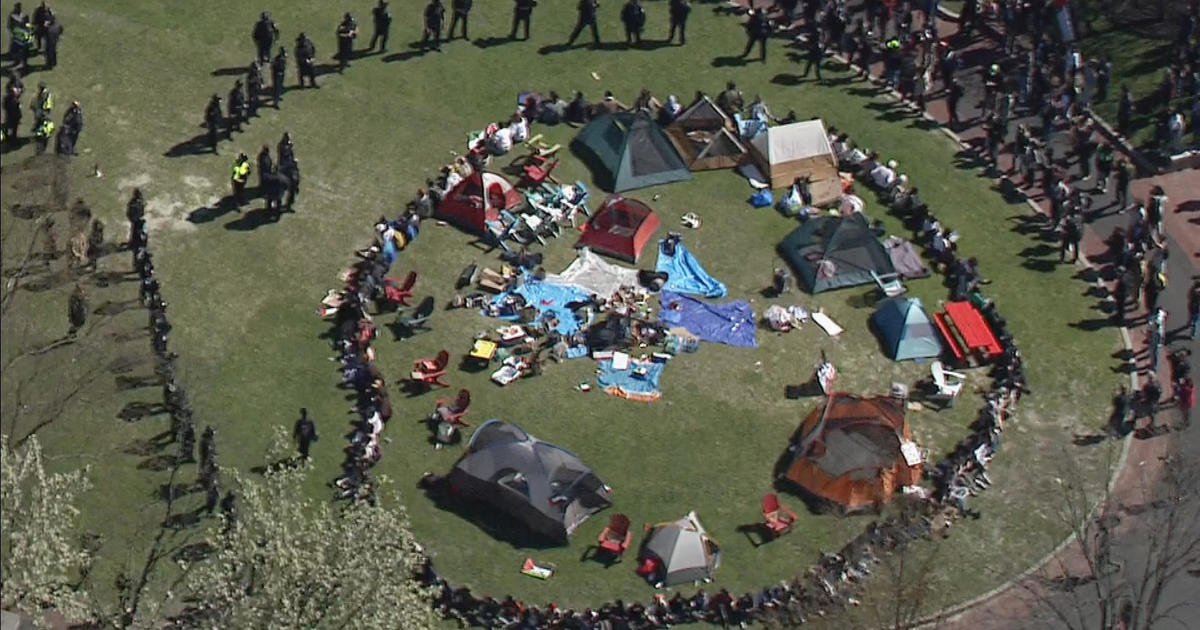Massachusetts 'Crisis Care' Triage Plan Would Force Providers To Choose Who Gets Critical Care
BOSTON (CBS) – Massachusetts has a triage plan to ration resources for critically ill patients, should COVID-19 patients eventually outnumber health care resources.
Right now, the Commonwealth is in what is called the "contingency" point of healthcare. It's one step past customary care, and one step before crisis care.
"Opening up ICU beds where ICU beds didn't exist before, recruiting extra nurses and doctors and respiratory therapists to work shifts, purchasing extra ventilators" are all part of contingency care, according to Tufts Medical Center Medical Director of Neurosciences Critical Care Unit Dr. Joshua Kornbluth.
But in a 34-page document released Tuesday, a committee of clinicians and health care experts outline a grim plan, should Massachusetts reach a crisis. If triggered, the guidance would recommend hospitals form triage units that decide which patients are given access to life-saving ventilators and ICU beds. The goal, Dr. Kornbuth said, "is not to just maximize the number of lives saved, if we need to enact it, but maximize the number of life-years saved."
This means patients who are older with severe underlying health conditions could be passed over for a ventilator in favor of someone younger with a better chance at "longterm survival."
Triage teams would have to rank patients based on underlying health conditions, age, and other nuanced factors. The guidelines emphasize that internal biases like race, gender, and socioeconomic status would not be a factor.
"It's a scary thought, that a doctor or nurse or someone else in a hospital is going to look at you, put a score on you, and say 'oh if you were on score higher or lower, we'd give you an ICU bed but now we can't,'" Dr. Kornbluth said. "The purpose is two-fold. It's to protect the patients, but also give some guidance to clinicians who have no experience with these types of decisions."
Despite the scary reality of the crisis plan in place, those who crafted it are hopeful it'll never be used.
"We have to operate on the assumption that there's a good chance it would be used. We're very hopeful that it won't get as bad as Seattle got initially, it won't get as bad as New Orleans, it won't get as bad as New York," Kornbluth said.
He added: if people maintain proper social distance and we continue to grow resources through field hospitals like the new one at the Boston Convention & Exhibition Center, it could avoid the crisis altogether and "protect a lot of people."




